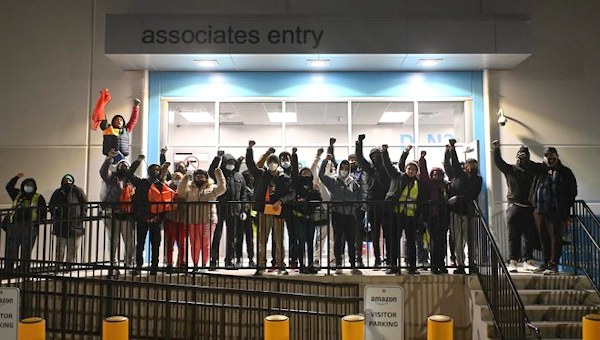Hotels vs Housing? Platforms, Rent and Resistance in Toronto
Whether it is called the collaborative, platform, crowd-sourcing, or ‘sharing’ economy, the rise of peer-to-peer exchanges raises important questions for workers and unions. Watch video »
Whether it is called the collaborative, platform, crowd-sourcing, or ‘sharing’ economy, the rise of peer-to-peer exchanges raises important questions for workers and unions. Do emerging platforms such as Uber and AirBnB mark a significant shift in rent-seeking production and distribution systems? Are they emancipatory or exploitive? How can they be regulated across multiple jurisdictions and multiple platforms (e.g., AirBnB, Homestay, Uber, Lyft)? Despite the early success of these services with consumers, there are contradictions for the future of work. New digital platforms continue to erode traditional employment relationships and threaten unionized jobs in existing sectors. Short-term rentals facilitated by platforms such as AirBnB have created ‘ghost hotels’ that undermine rental housing markets and the traditional hotel sector and unionized jobs. Unions are only starting to address the implications – albeit in contradictory ways.
This session of The Capitalism Workshop explores not only the impacts of platforms such as AirBnB on workers but also how unions are in the midst of a period of unilateral experimentation with how to address digital platforms ranging from cross-class alliances to broader coalition building.
Moderated by Tanner Mirrlees. Presentations by:
- Steven Tufts (York University) and
- Thorben Wieditz (Unifor Local 7575)
Sponsored by Centre for Social Justice, The Socialist Project, and Global Labour Research Centre. Recorded in Toronto, 21 November 2018.





